Addiction has a harmful impact on the lives of millions of people, their friends, and loved ones each year. Long-term drug and alcohol use will, in time, have a significant and sometimes irreversible effect on your physical and psychological health. When you or a loved one is addicted to drugs, it feels impossible to resist the urge to use, no matter how hard you try or how badly you want to. Research has shown that early and effective treatment is the best way to achieve and maintain lasting sobriety. Unfortunately, when people struggle with addiction, it often leads to a range of symptoms related to other mental and physical health conditions. This is referred to as having a co-occurring disorder or dual diagnosis. Co-occurring mental health and substance use disorders occur in as many as 50% of cases. Up to one-third of American adults diagnosed with a substance use disorder also have depression.
What are the Signs of Drug Addiction?
Addiction looks different from person to person. The signs and symptoms of addiction will also be different depending on the substance one uses. For example, the signs of cocaine addiction will look different than the sons of marijuana or methamphetamine addiction. The unique ways that drugs impact the brain and body make it difficult to pinpoint specific indicators that a friend or loved one is struggling with addiction. However, several warning signs are typically seen regardless of the individual or the substance they use. Understanding these warning signs can help you encourage a friend or loved one to seek help to overcome a developing dependency on drugs before it’s too late. Common signs of drug addiction you may notice in a loved one include:
- Increased isolation
- Presence of drug paraphernalia
- New or worsening legal or financial problems
- Worsening physical or mental health
- Doctor shopping
- Experiencing withdrawal symptoms when they stop or reduce the amount they use
What are the Signs of Depression?
Recent statistics from the National Institute of Mental Health suggest that more than seventeen million adults (approximately 7% of the population) have a major depressive disorder. Many of those individuals will experience co-occurring drug or alcohol use problems. Unfortunately, depression and addiction are highly interconnected, and without comprehensive treatment for both conditions (dual-diagnosis treatment), your risk of relapse increases. The signs of depression sometimes mirror those of addiction, so it can be challenging to determine if your loved one struggles with depression, an addiction, or both. Signs of depression may include:
- Weight and appetite changes
- Difficulties concentrating
- Lethargy
- Increased isolation
- Changes in sleeping patterns
- Mood swings
- Feelings of sadness and hopelessness
How to Help Someone with Drug Addiction and Depression
If a friend or loved one struggles with drug addiction and depression, seeking help at a dual-diagnosis treatment center like CCR is an essential first on a journey to sobriety and lasting recovery. At an addiction treatment center specializing in dual-diagnosis care, a member of your treatment team will work with you to ensure your individually designed treatment plan uses suitable treatment models and supports to help you address addiction and depression. Depending on the substance used and the severity of your addiction, there will be several steps to treatment, often beginning with detox. After detox, you will work with your mental health provider to learn more about the root causes of addiction and how long-term addiction contribute to worsening depression symptoms. As you progress through treatment, you will learn and practice safer, healthier ways to manage depression symptoms without turning to substances. Your treatment team will also ensure you have a strong aftercare support structure in place to help reduce the possibility of relapse in the future. If you would like to learn more about overcoming drug addiction and depression, contact us at CCR today.











